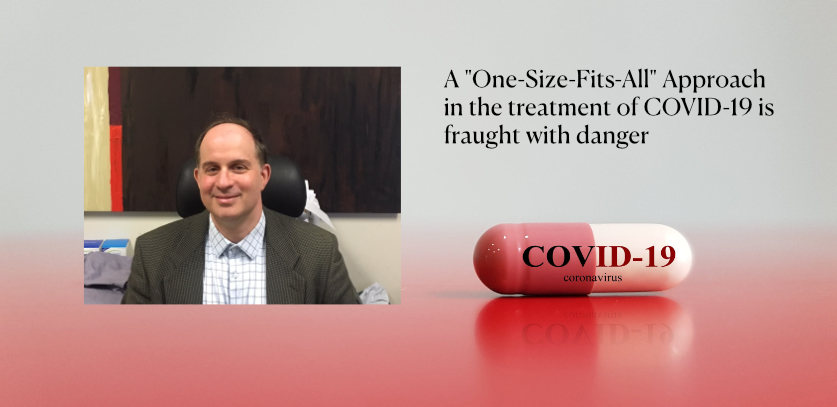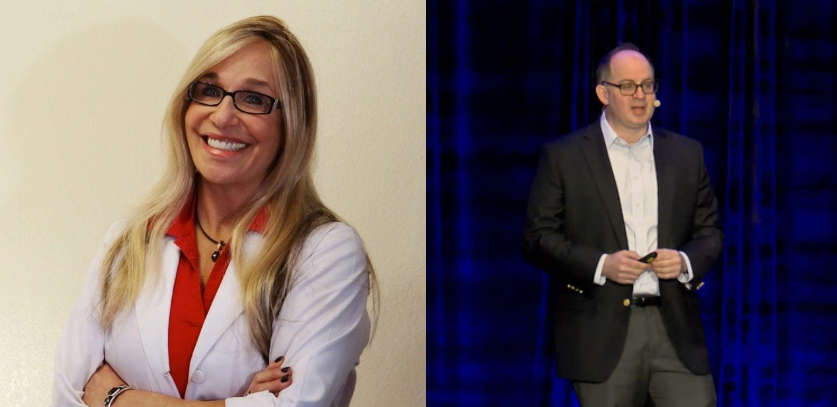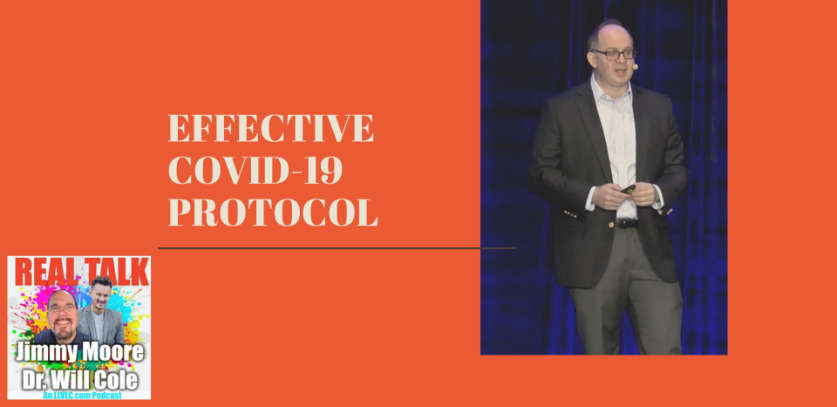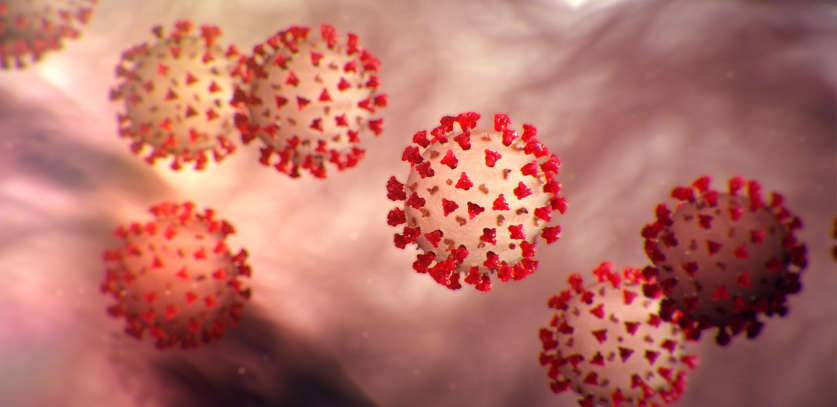
A "One-Size-Fits-All" Approach in the Treatment of COVID-19 is Fraught with Danger
Now as we approach the 18th month of this COVID 19 pandemic, I am shocked at the current narrative. The anger that is being expressed in our community is disturbing. Families and friends are being divided based on vaccination status and medical beliefs. Both sides are adamant that they are right and blame the other side for the current medical situation. In Washington D.C., they are threatening health care workers with losing their license if they do not have their first dose of the COVID 19 vaccine by September 30. Health care workers who a year ago were viewed as heroes as they tirelessly cared at enormous personal risk for COVID patients are now being viewed as the villain less than one year later. What is more disturbing is the comments I read on social media such as "they can choose... a different profession." Why have we become so callous and decided that "one size fits all." In fact, it was only 6 years ago that President Barack Obama announced that the United States would embark on a government funded precision medicine initiative that will enroll over 1 million people. My question is why we are not following this advice today.
I know we are in the middle of a terrible pandemic where many have lost their lives. This is a great tragedy for the many families who lost a loved one. To end this unnecessary suffering, we must first take a "time-out." We need to first end this "civil war" pitting the vaccinated against the unvaccinated. Every individual in this country is someone's brother, sister, father, mother, daughter and/or son. We need to work together to find a solution. As a medical student in the 1990's, I witnessed firsthand the devastation caused by the AIDS epidemic. While training at St. Vincent's Hospital in NY, I saw the overwhelming toll this illness took on health care providers, patients and families alike. Because this was a new virus, science was constantly evolving. I remember being a fourth medical student helping take care of a patient on mechanical ventilation on a regular medical floor because of a shortage of ICU beds. My attending physician at the time taught me the importance of trying every drug in our arsenal (as long as that they do not harm the patient) in order to give these individuals a chance at survival. He reminded me that medicine is both a science and an art that often relies on a "trial and error" approach. What he said we must never do is watch and wait when potential options are available. Today's comparison would be the families rushing to court to get the hospitals to prescribe FDA approved medications off-label.
This is why the term "follow the science" really bothers me. This phrase is misleading especially in a pandemic of a novel virus where information is constantly changing. Because of this, we are constantly "reacting" and changing guidelines. Following one narrative can often be dangerous as it does not allow for discussion and disclosure. My brother often jokingly reminds me that "medicine is practice so let me know when you get it right." Moses Maimodies, a 12th century physician, said this best in the following prayer.
Keep far from me the delusion that I can accomplish all things. Give me the strength, the will, and the opportunity to amplify my knowledge more and more. Today I can disclose things in my knowledge which yesterday I would not yet have dreamt of, for the Art is great, but the human mind presses on untiringly.
In this situation, we must not forget the most important person in this equation, the patient. Medical practice must not become so rigid to be only about the science. Each patient is an individual, and the solution must be personalized for each one. Otherwise, we are in danger of damaging the doctor and patient relationship. Trust is a fundamental characteristic of the physician-patient relationship. Patients must trust that their physicians will work in their best interests to achieve optimal health outcomes. We must be flexible and avoid this one size fits all approach. Although the greater good is important, we must not lose sight of the person that sits in front of us. In that encounter the individual is our priority and deserves our best. As my mentor told me while I was a medical student, "...a patient's trust in a health care provider is both a great gift but also a great responsibility that no one should take lightly."
Action steps that I feel are necessary to help us move forward include:
1. Focus on helping individuals take steps through lifestyle, supplementation and diet which help strengthen overall immunity and prevent disease
2. "Listen to our patients" - they know their body better than us and let us partner with each individual to develop a plan together which we help protect them
3. Keep the medical office as a safe destination where all individuals feel cared for no matter what their individual beliefs and/or vaccination status
4. Gather our great scientific minds including frontline healthcare providers and encourage disclosure and discussion to help find a better solution
5. Look for outside examples, other countries, and learn from their successes and failures in formulating public policy
6. Most importantly, keep an "open mind" when looking for potential solutions











